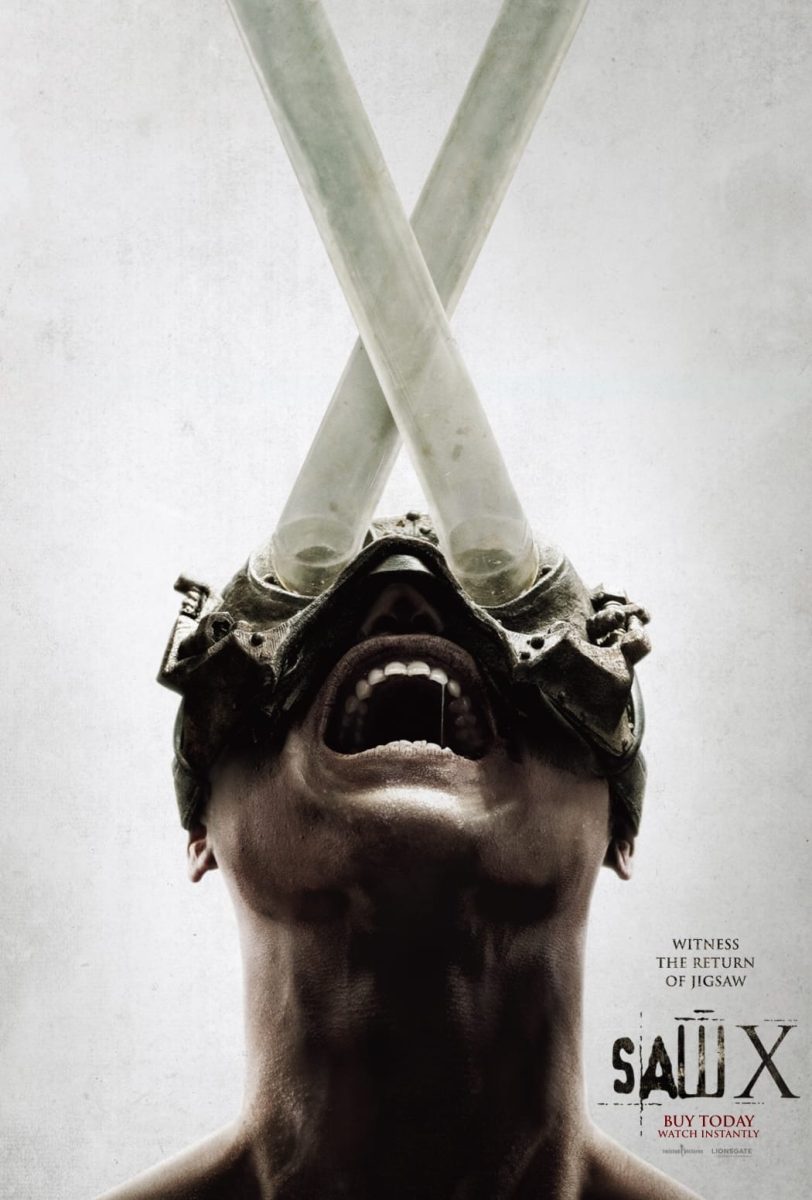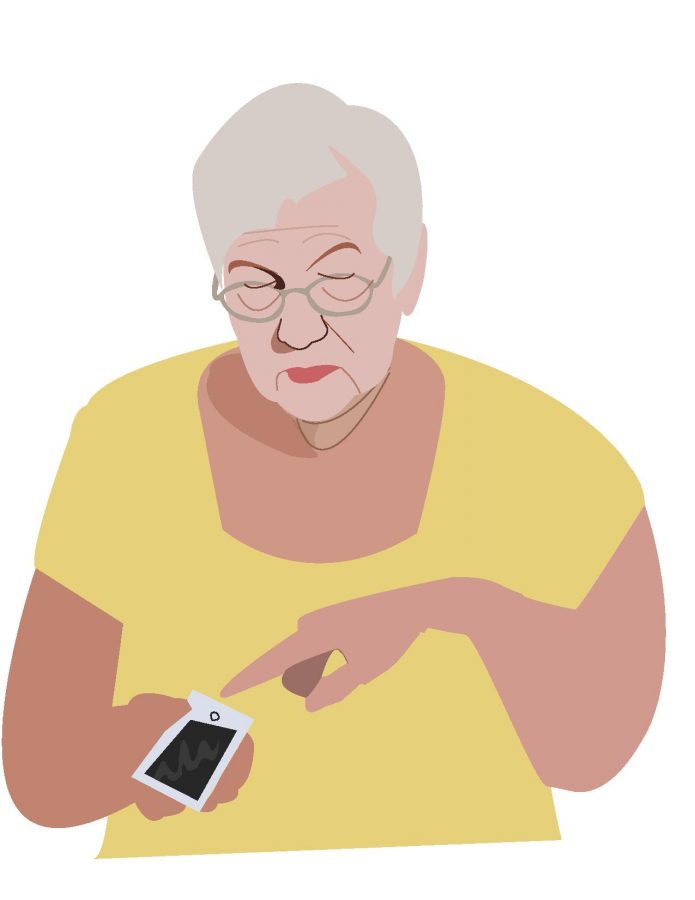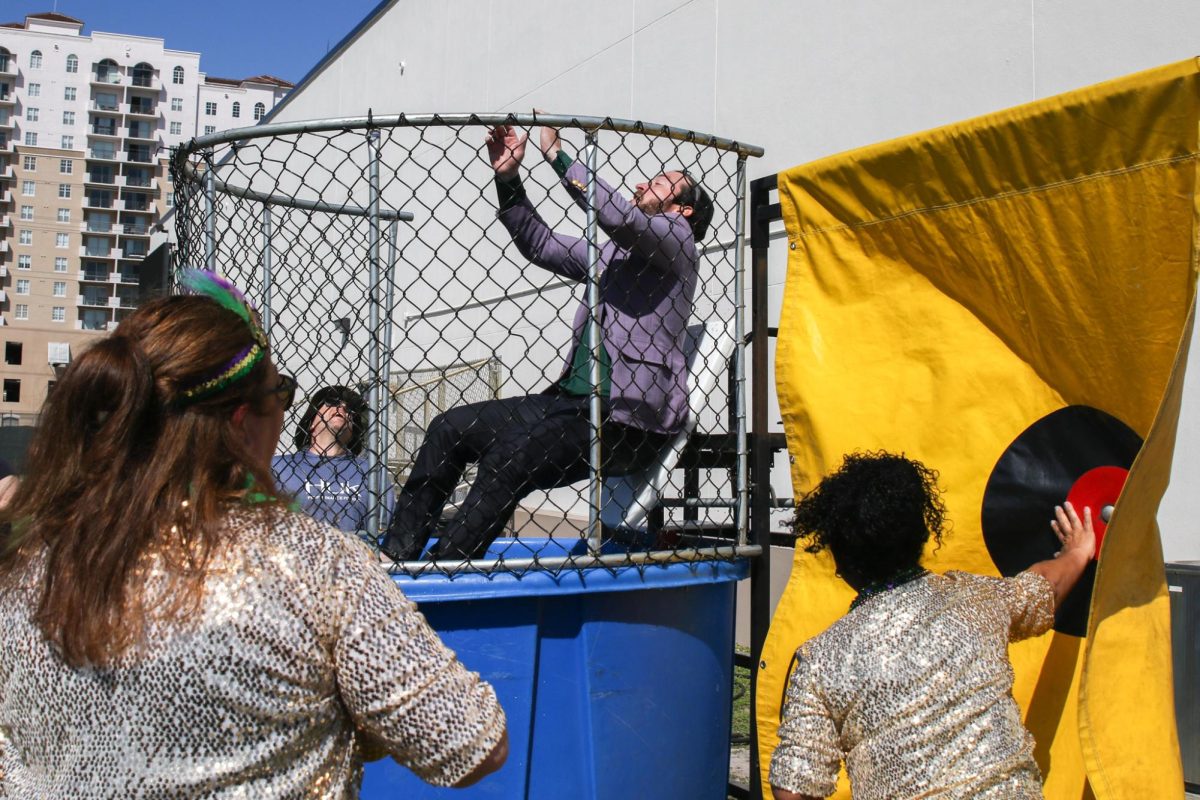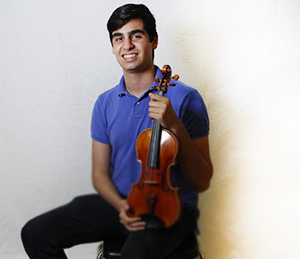My greatest high school regret? I usually tell people, with a tragicomic expression, that it was receiving the B in middle school geometry that carried over. Yet a report card, even one slightly smeared by a grade less than an 89.5, is not the end of the world. After all, parents and teachers will isolate that single grade as an “architect of character”. However, this designation instead belongs to anyone in Dreyfoos’ theatre department, whose members are able to shape shift between roles with ease. I envy the thespians, because they have received something that most other students, myself included, have not had the benefit of receiving: an education in acting. And this is my true high school regret.
In some way or another, we are all actors on a human stage, which may or may not be a quote on an insightful Hallmark card or a Riff Raff lyric. I’ve nonetheless learned that acting is truly and irrevocably woven into the fabric of expression. Just observe the great virtuosos of the early 20th Century: Heifetz, Milstein and Oistrakh,for example. These unique characters dazzled concert halls across Europe with stunning displays of technique and musicality. These champions of the violin knew something about acting beyond making whimsical facial expressions. They colored pages of inkblots and notes to life in front of stunned concertgoers. Symphonies and concerti are scripts themselves, waiting to be animated by musicians who know the value of acting.
The effects of theater are not only limited to music. Acting is perhaps most evident in the communications arts and dance departments. The monologues and oratories performed by the debaters owe much to dramatic interpretation and bear semblance to the stage. Writing, too, commands a strong conscience of character in crafting a narrative. Take, for example, Nabokov’s Lolita. The shock of Lolita is not in the controversial story of an adult professor obsessed with prepubescent girls, but in the convincingness of the unreliable narrator, a character fleshed out and animated by the author’s pen.
Dance, on the other hand, resembles theatre at a basic level. It is performed on a stage and requires the same physical vigor found in acting. From my tight-hamstringed perspective (although, to be fair, I’m quite good at Just Dance), dance is a semiotic art form and an elegant showcase of gestures. Ballerinas are actors as much as they are athletes, for without any perception of character, ballet staples such as “Swan Lake” and “The Nutcracker” would simply lose their allure.
Even in other art areas, where the processes of theatre are subtler, recognizing the importance of characterization is still vital. Art seeks to express and to form a narrative, whether through voice, photo or prose. Narratives need storytellers to animate them beyond the fringes of the canvas and into the eyes of the cultured spectator.
As high school students, we are all required to participate in economics, government, science and English instruction. These courses teach the basic skills we will need as adults. But as members of the Dreyfoos community, we also find value in the elective courses on our transcripts. Attending a school whose reputation is hinged on artistic success means that we need classes that will do for our art what learning mathematics does for our academics. As artists discovering our unique identities and corresponding voices, we need every tool we can all use to mature as artists. And a necessary tool, perhaps the most necessary tool, is a fundamental comprehension of theatre and characterization for all students.





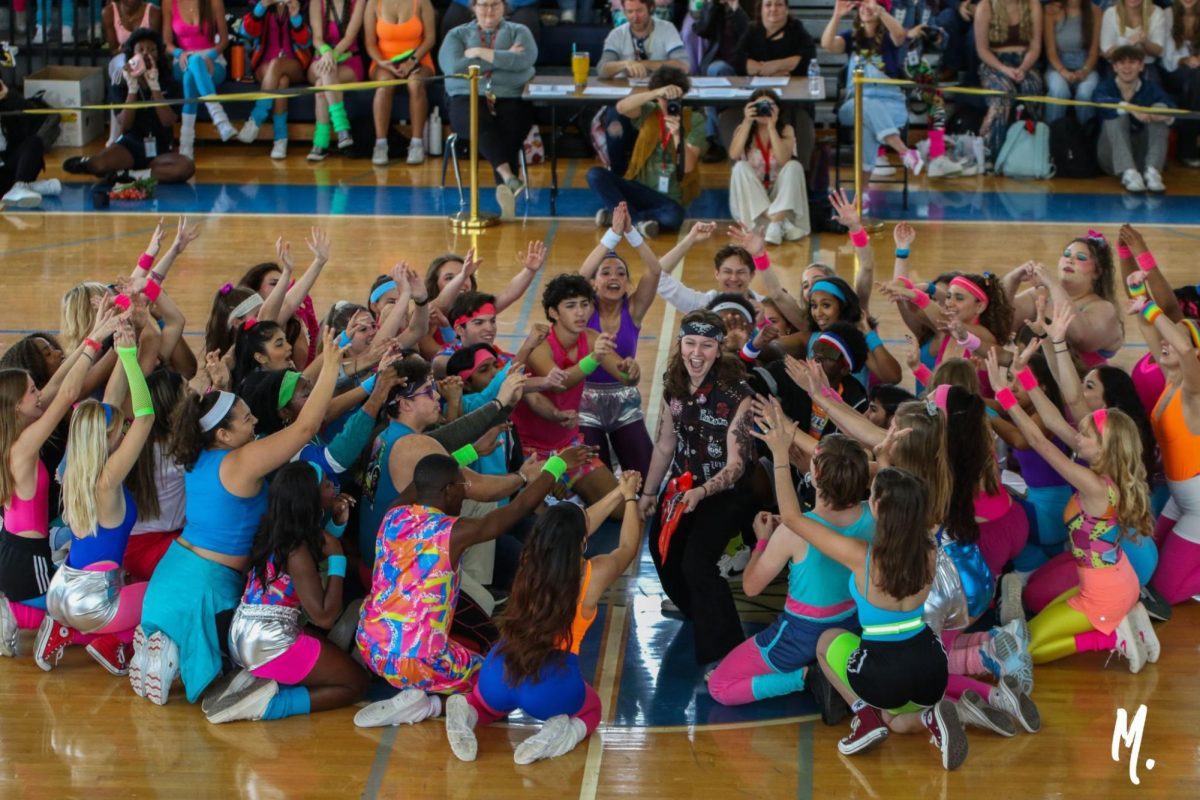
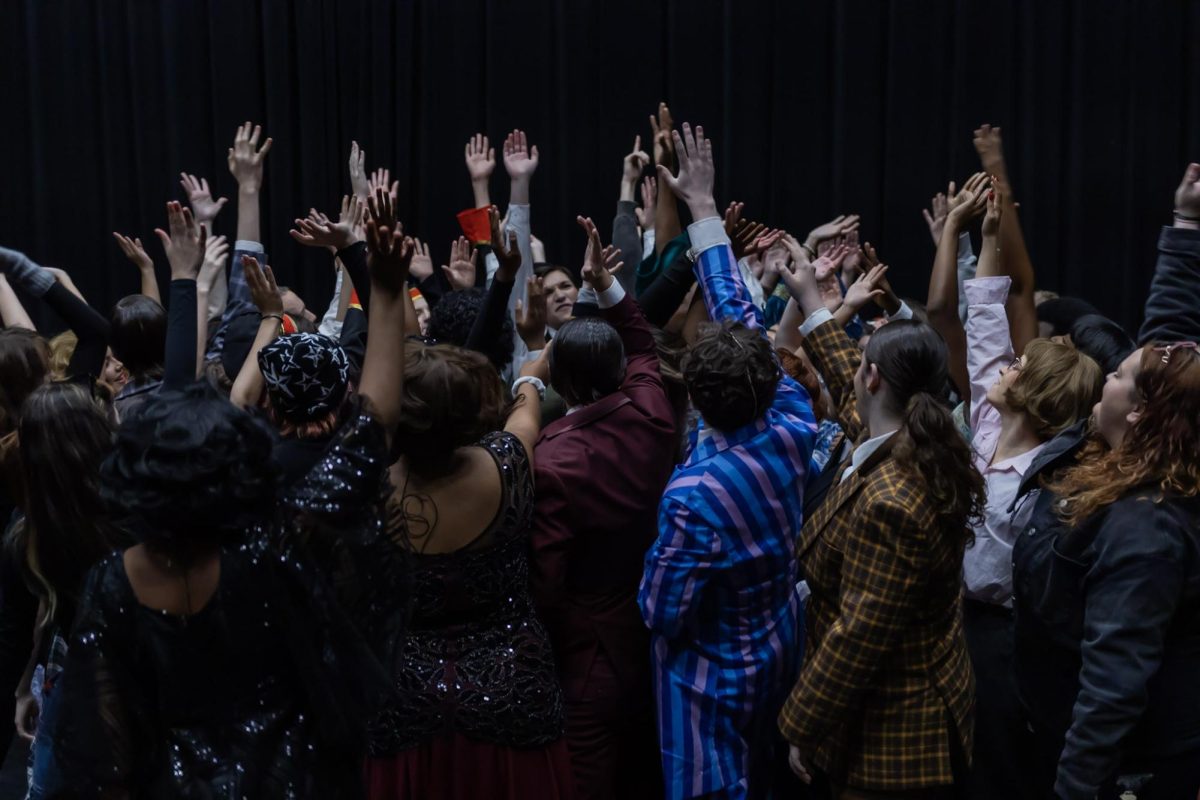
![[BRIEF] Fire Alarm Interrupts Class](https://www.themuseatdreyfoos.com/wp-content/uploads/2023/10/breaking-news-1200x927.png)
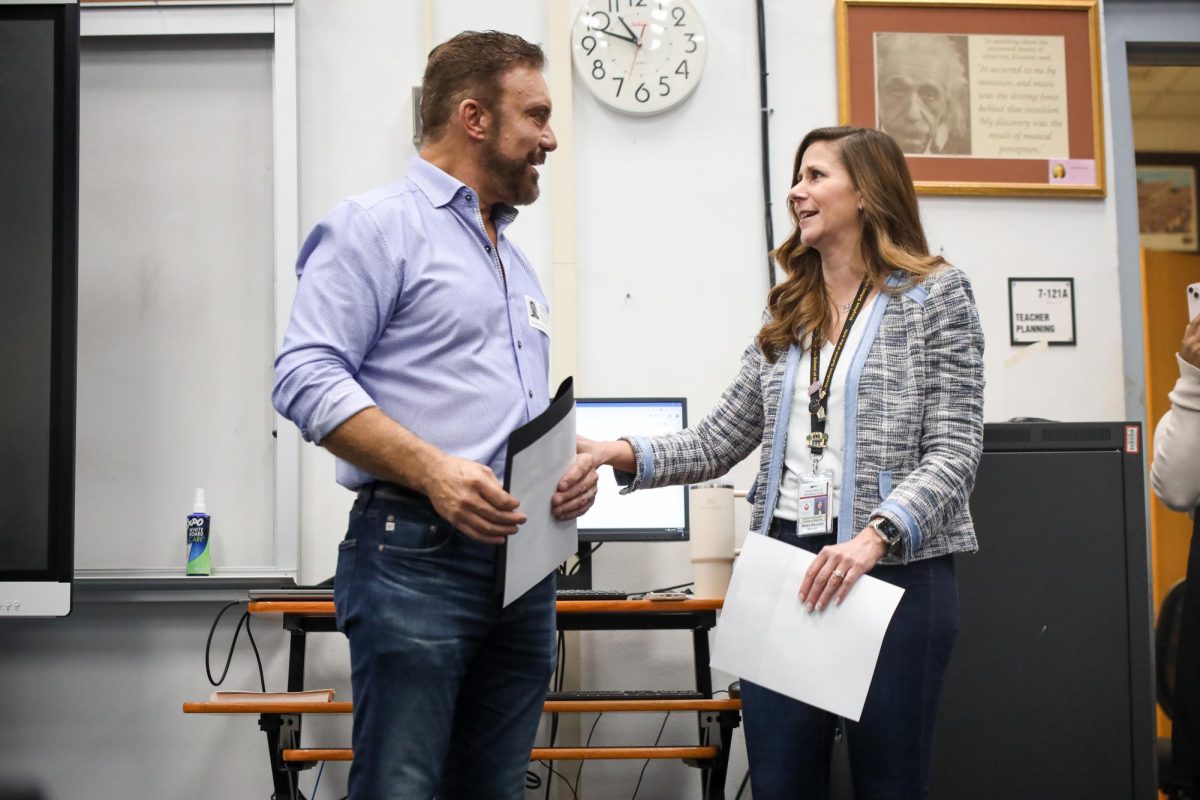
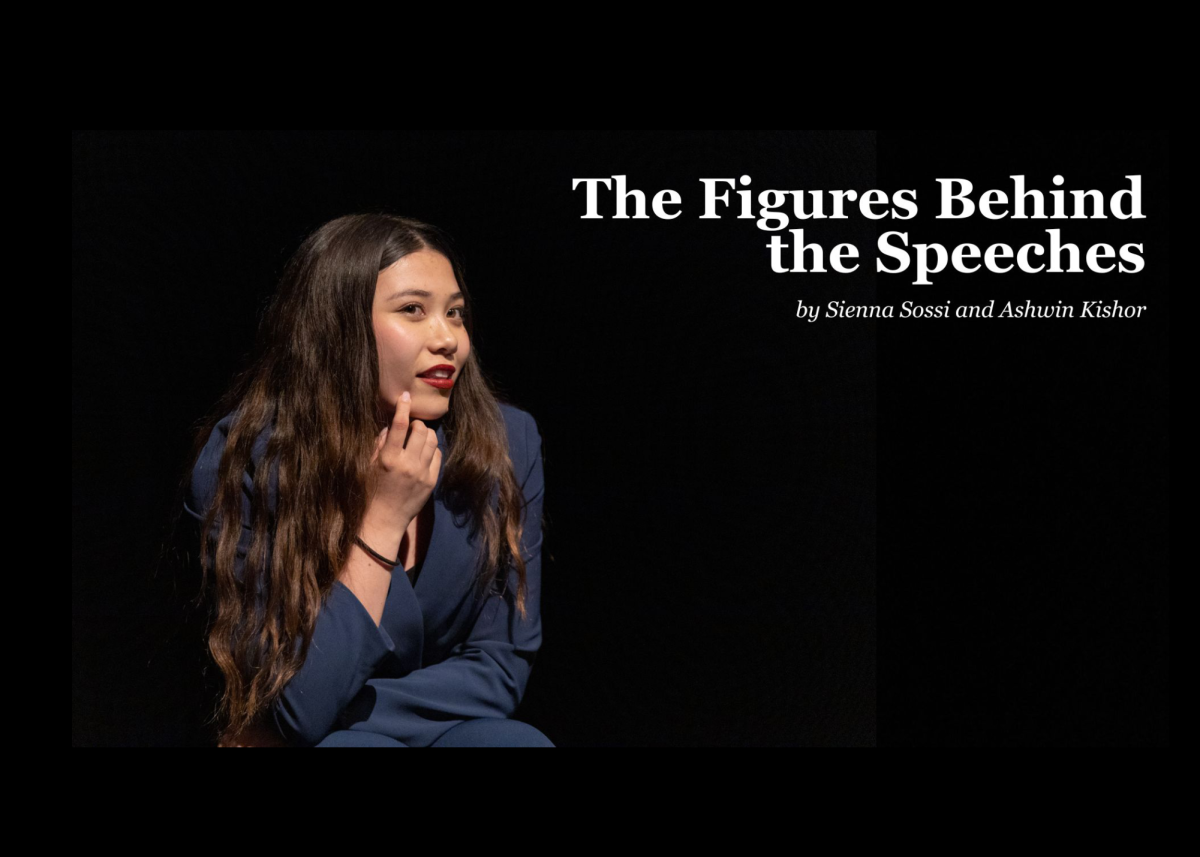
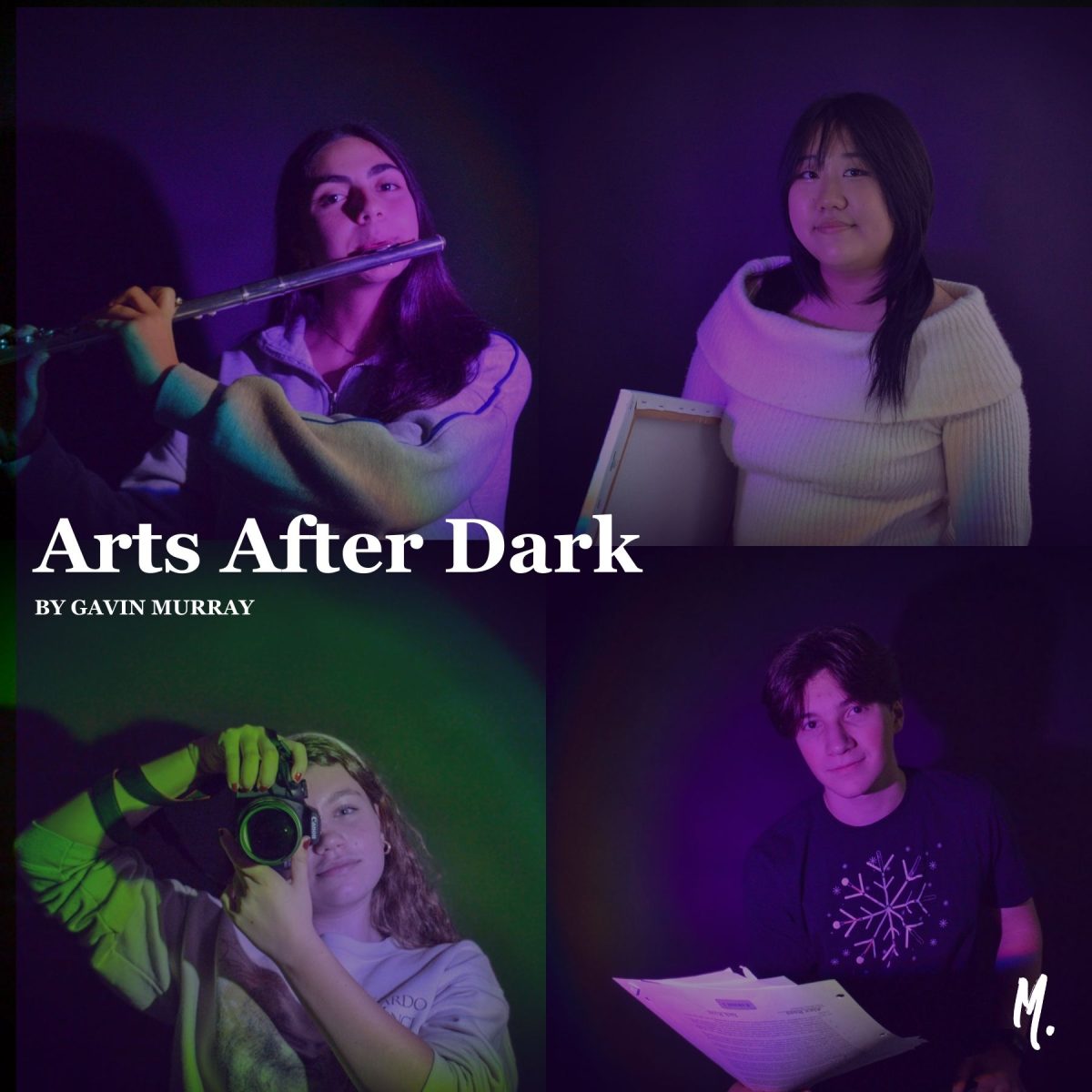
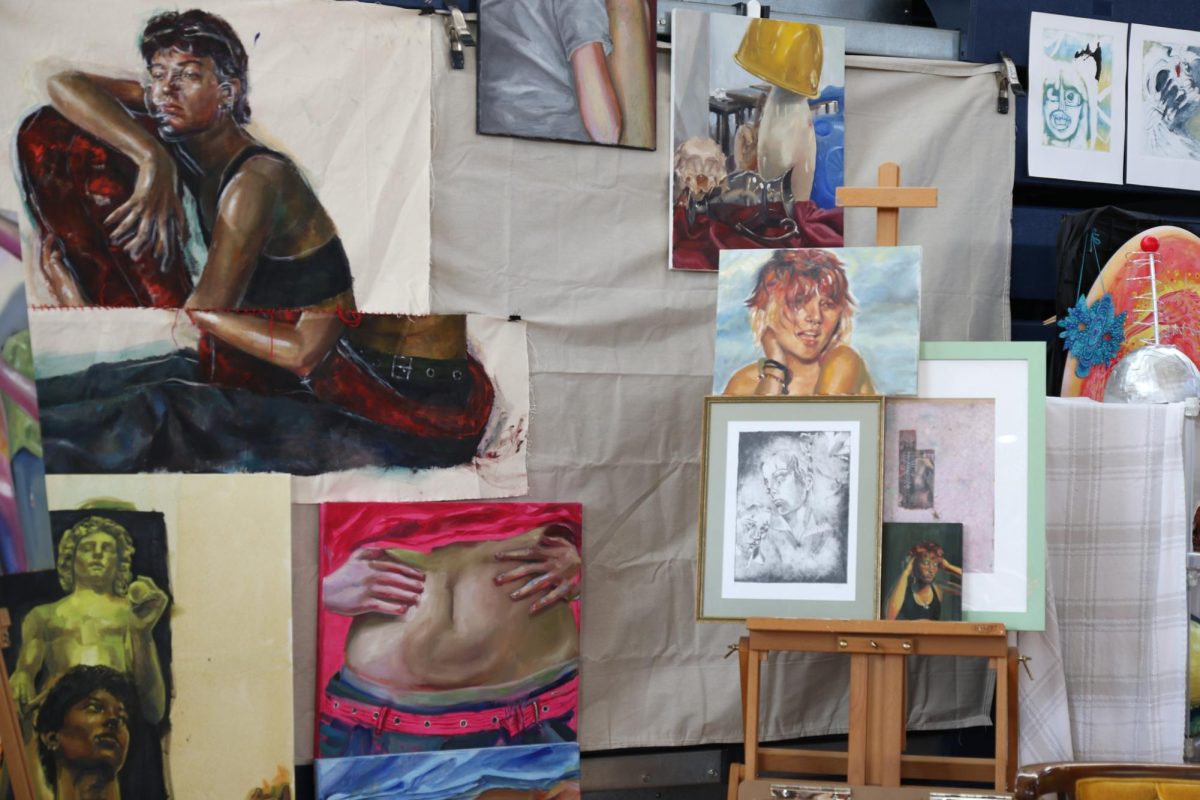

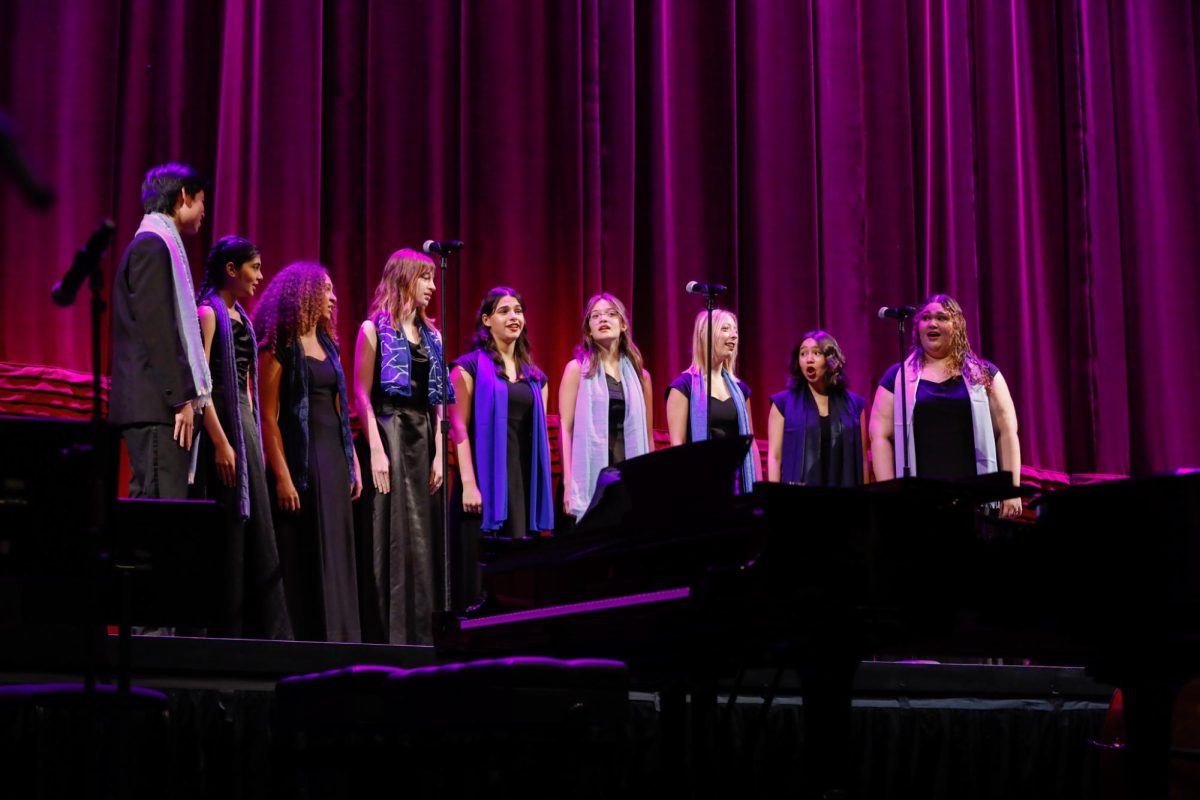
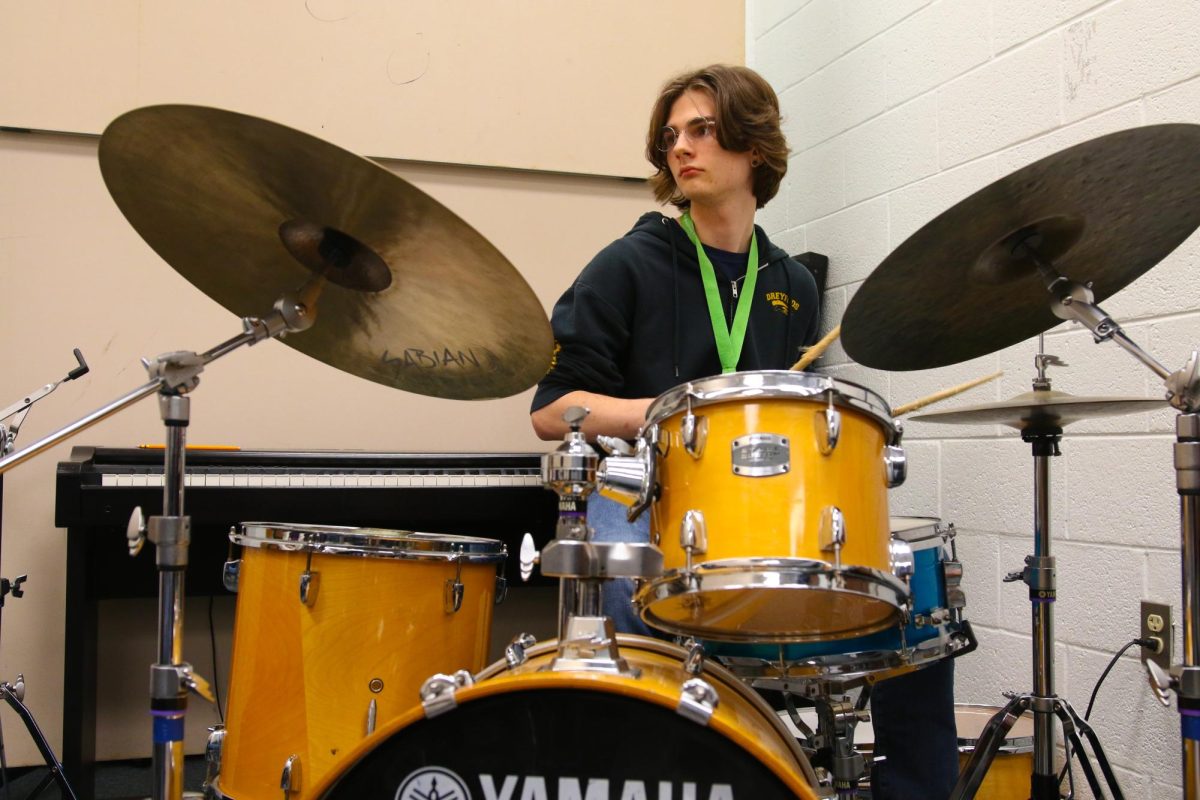

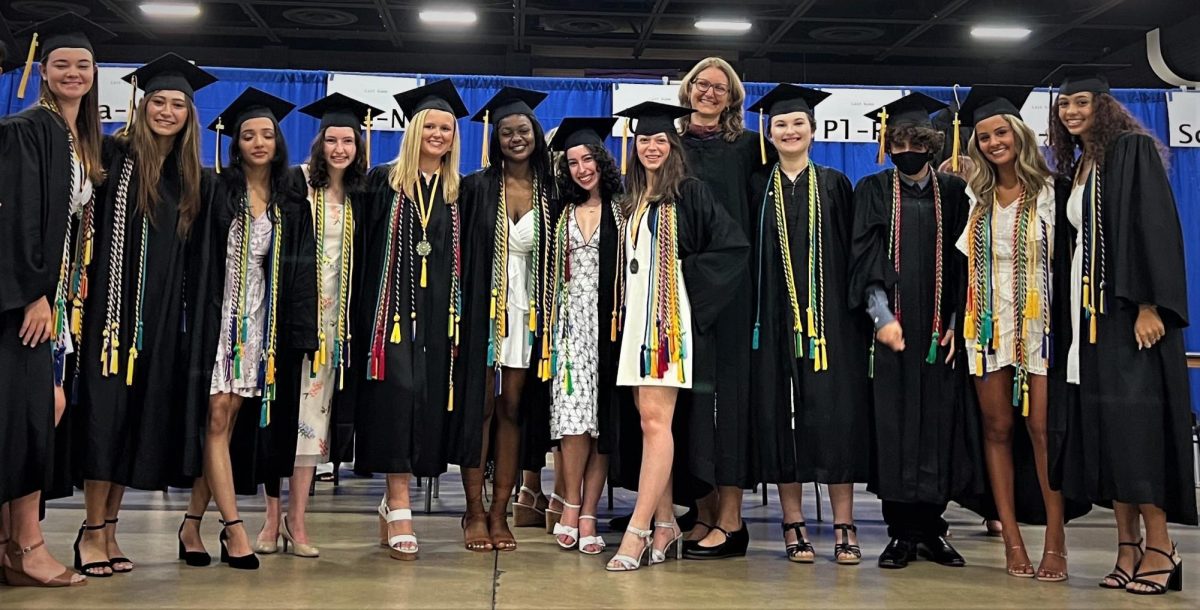


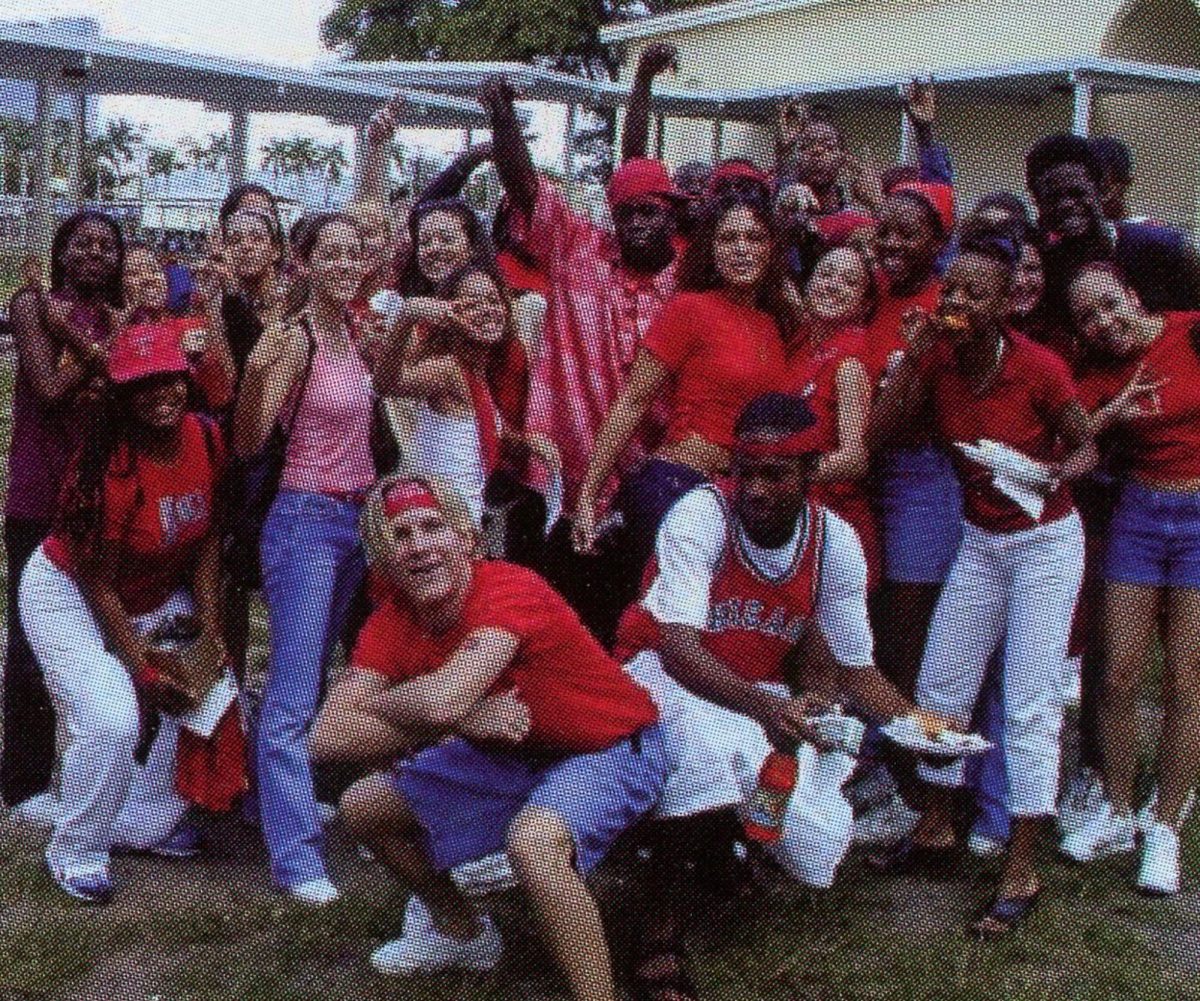
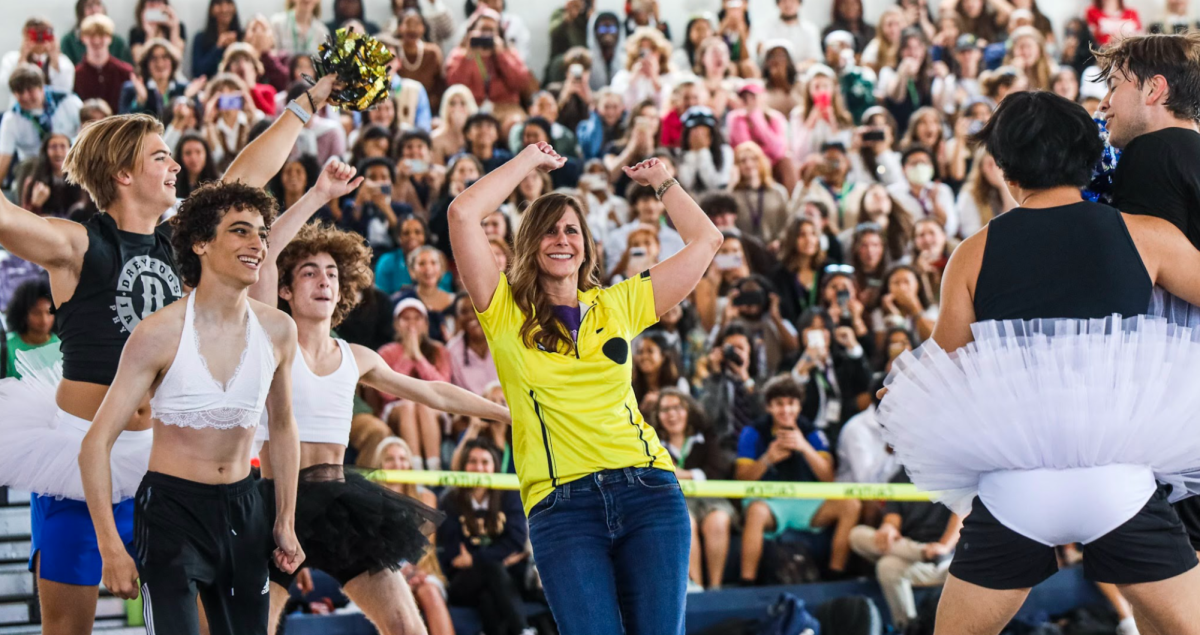

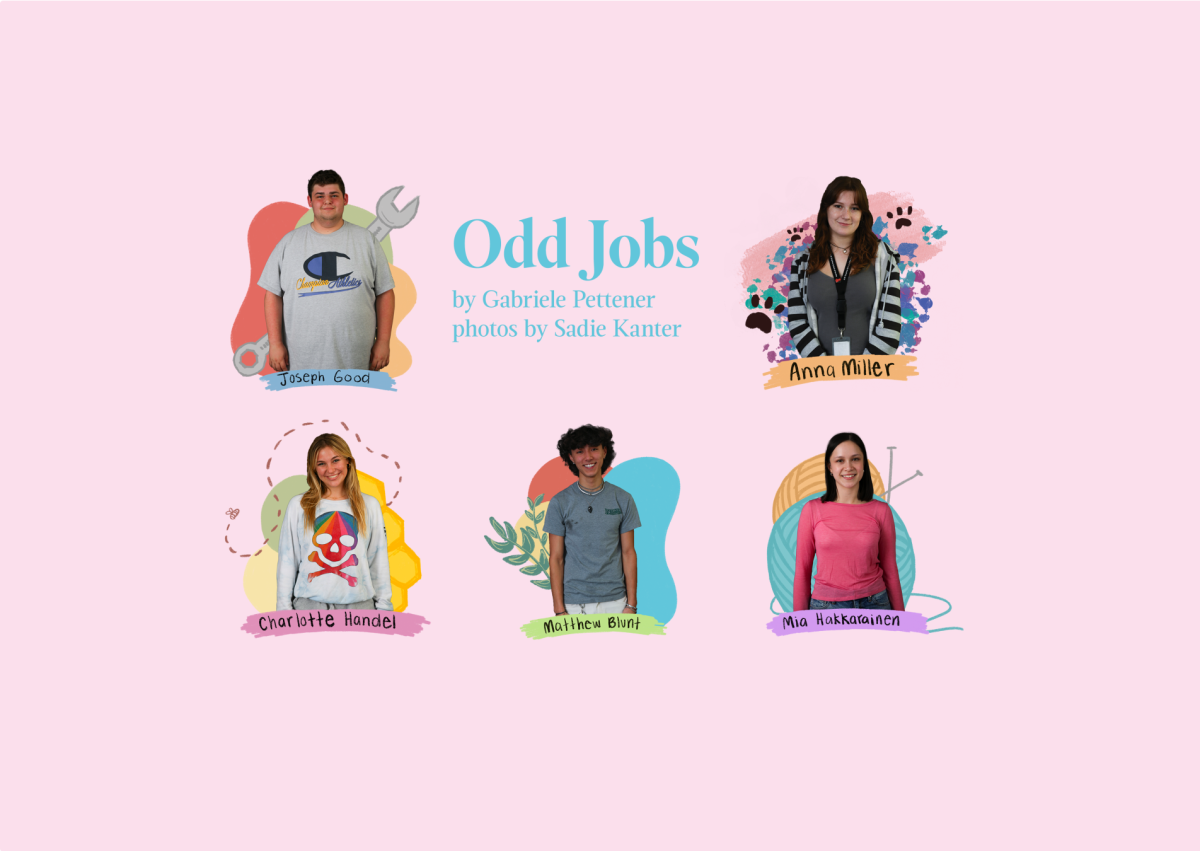
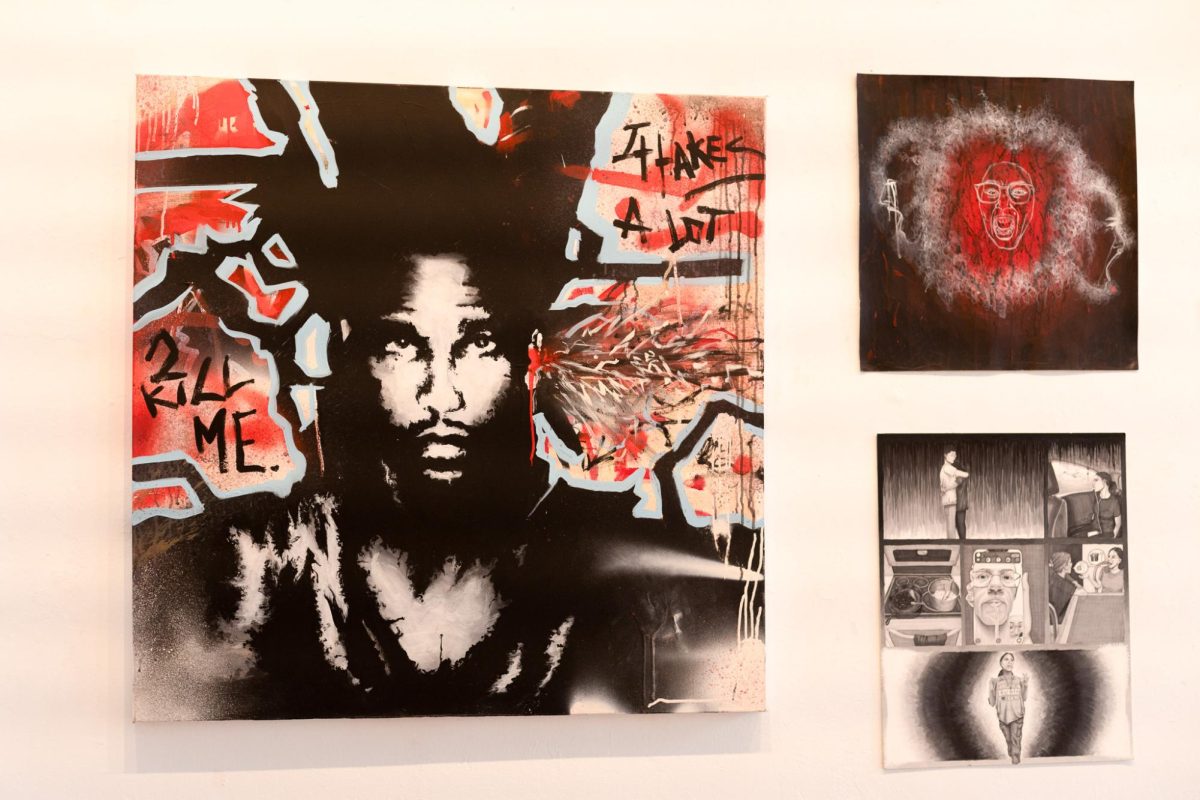


![[SATIRE] Spirit Week: Written in the Stars](https://www.themuseatdreyfoos.com/wp-content/uploads/2024/03/front.png)
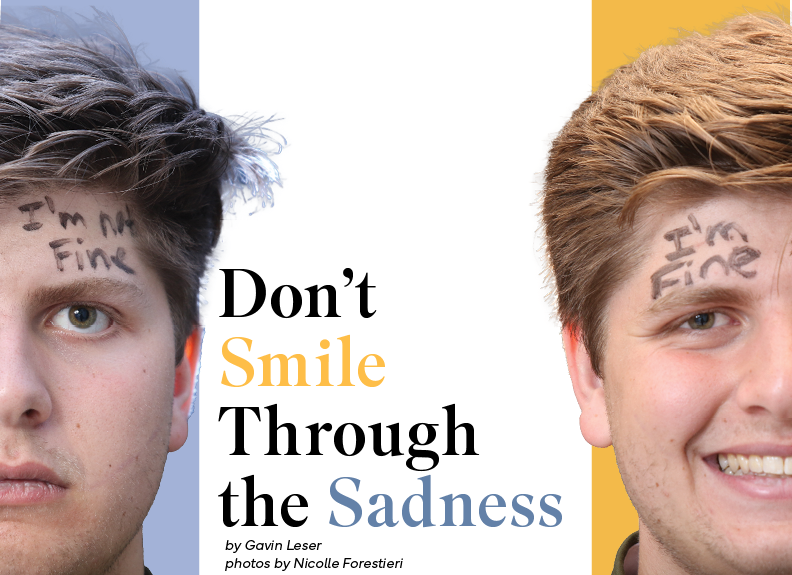

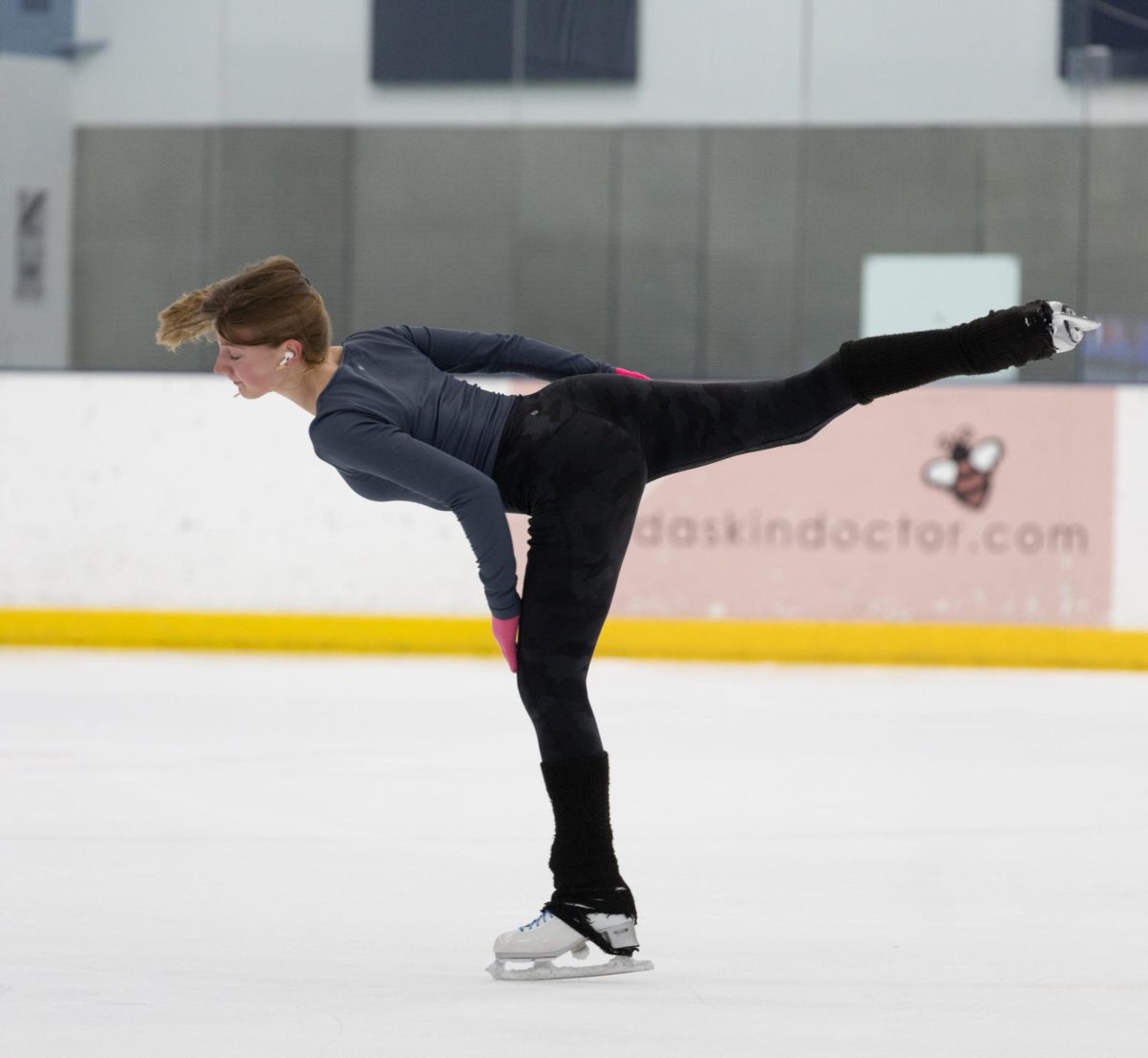



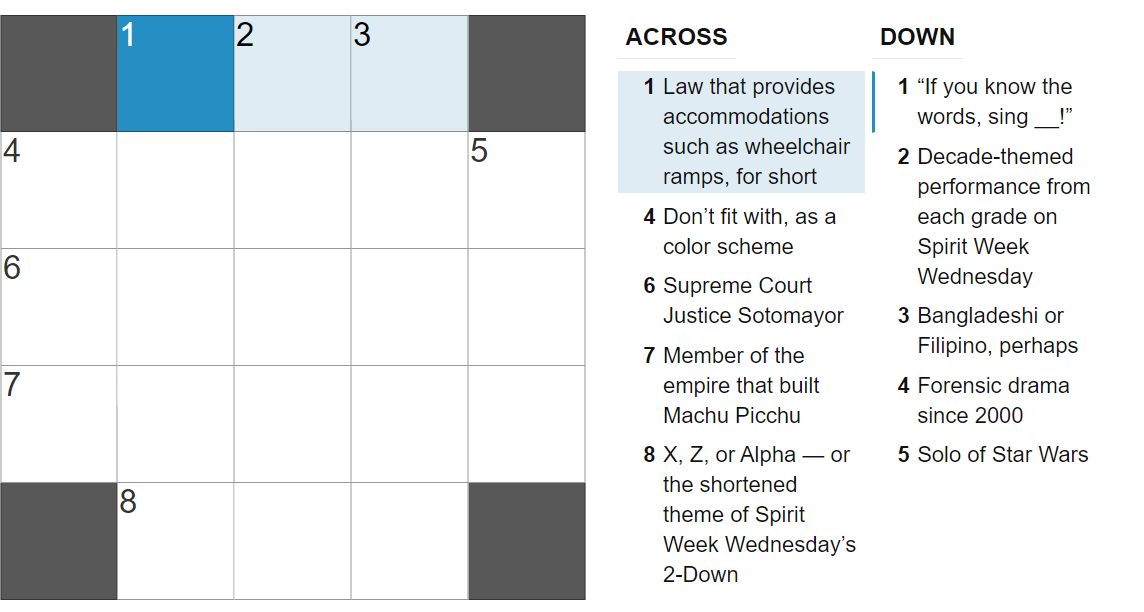

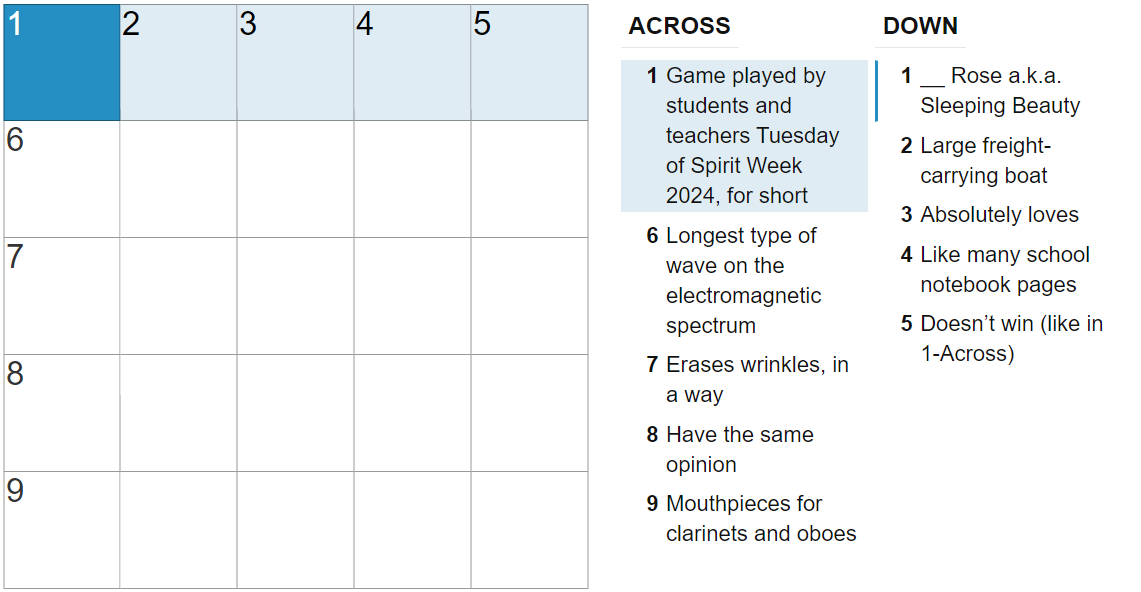


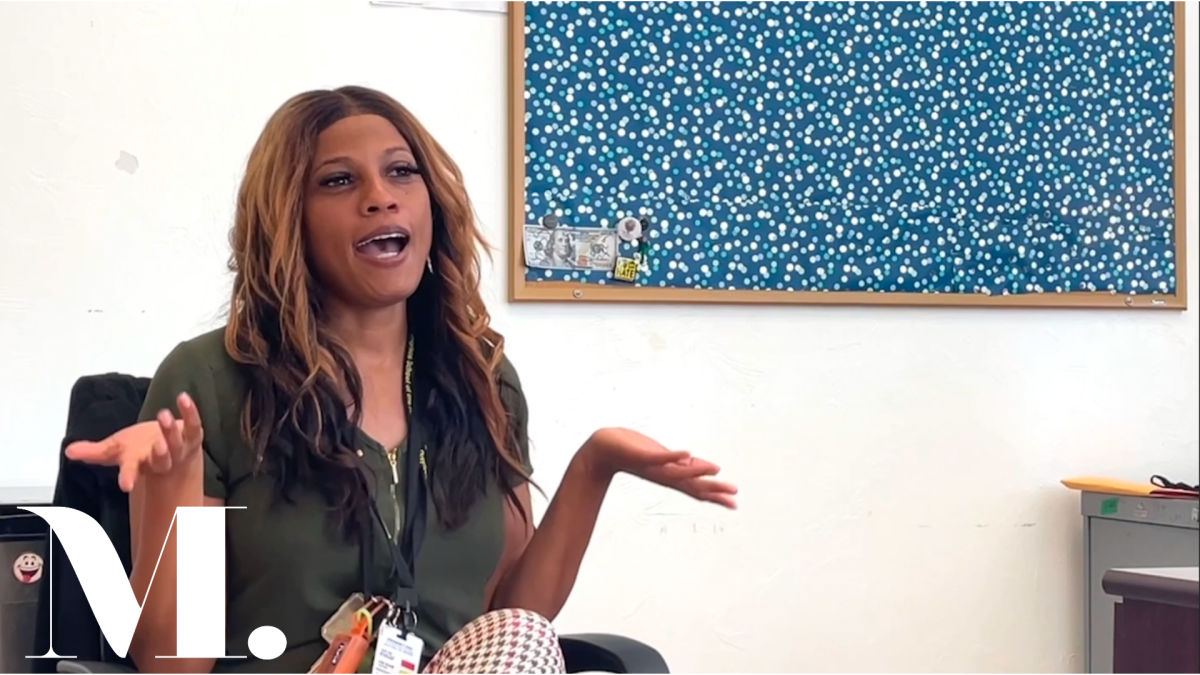
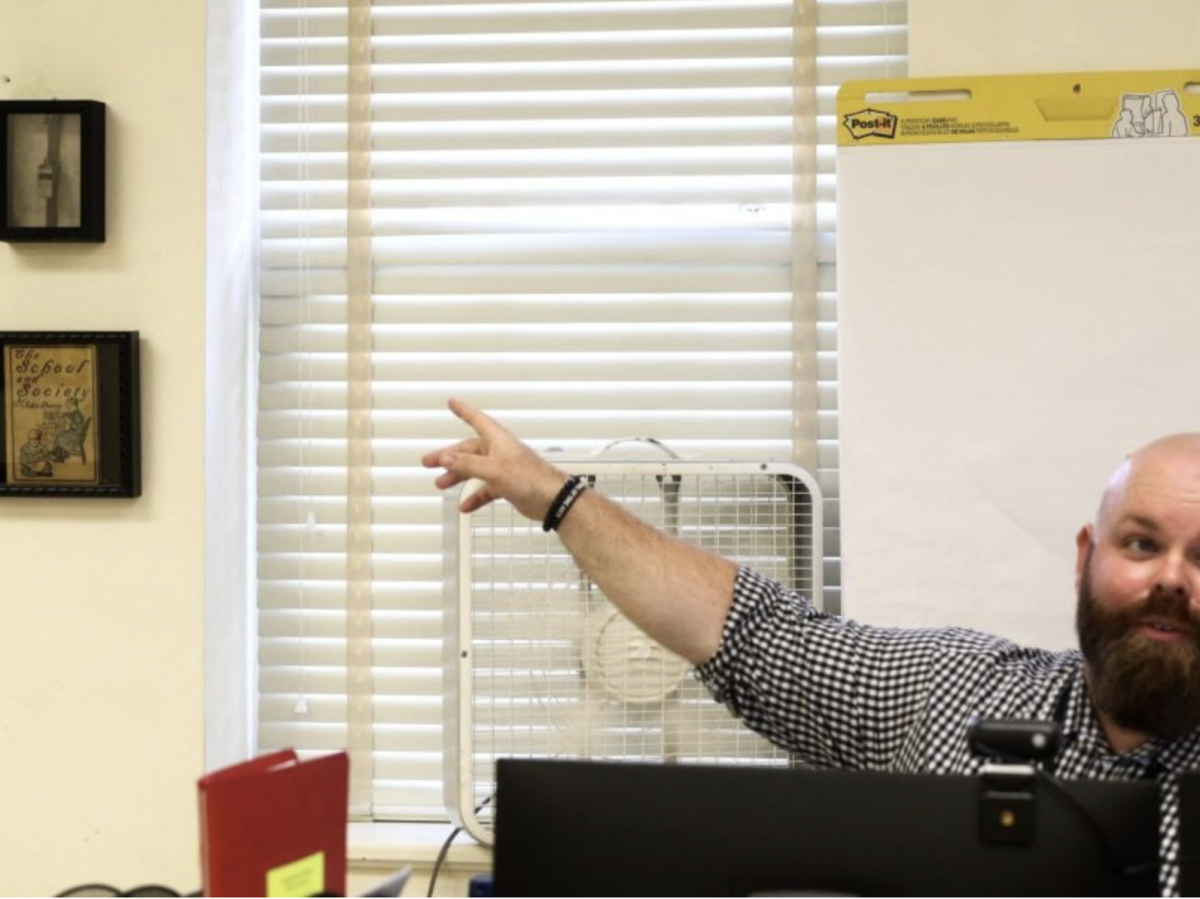
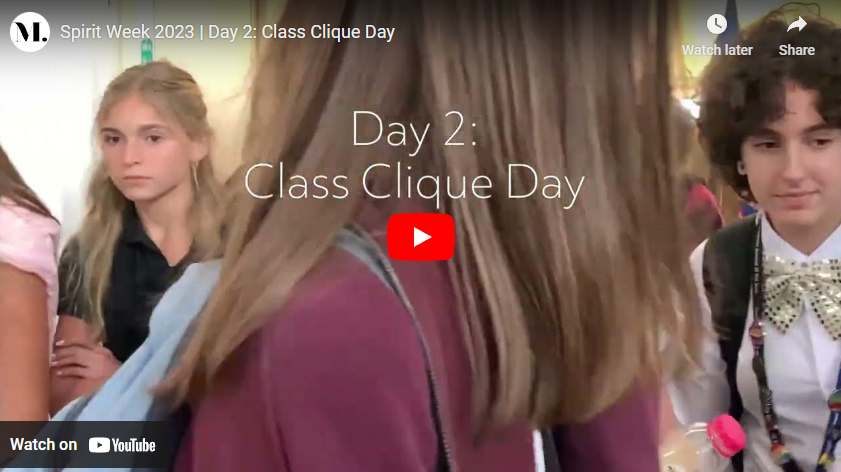


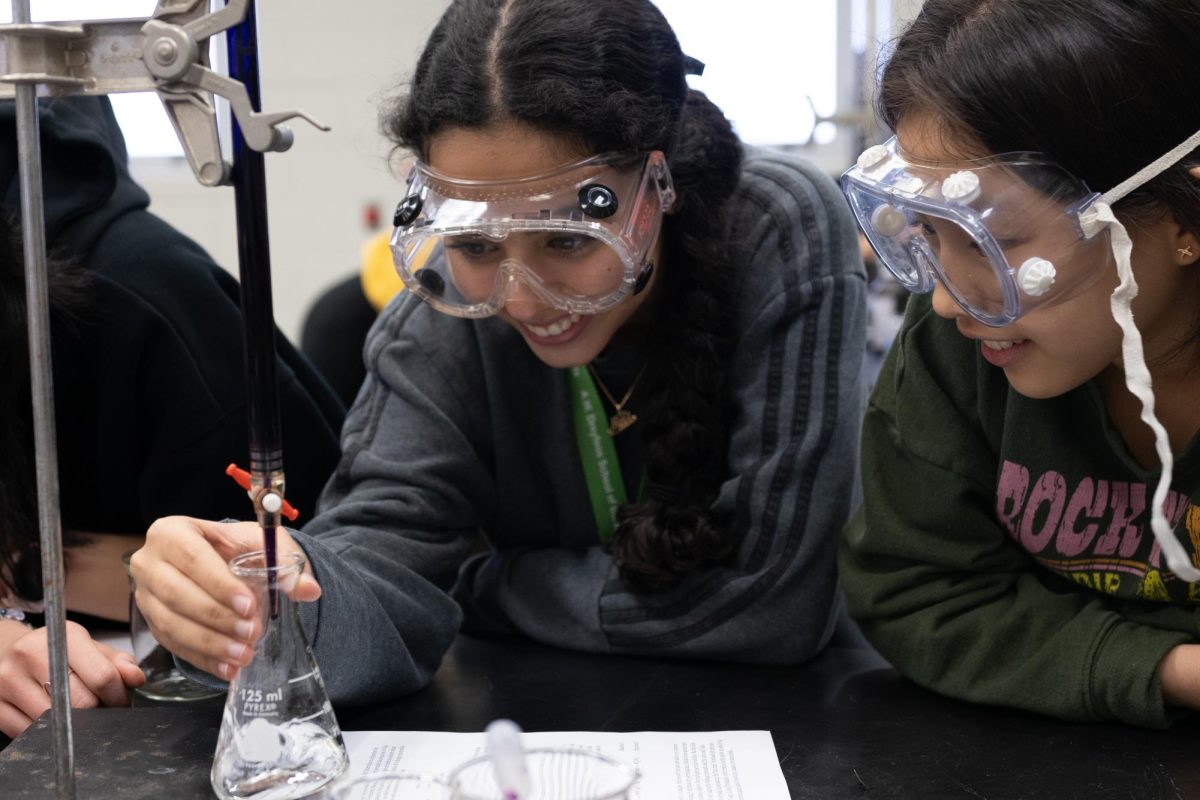
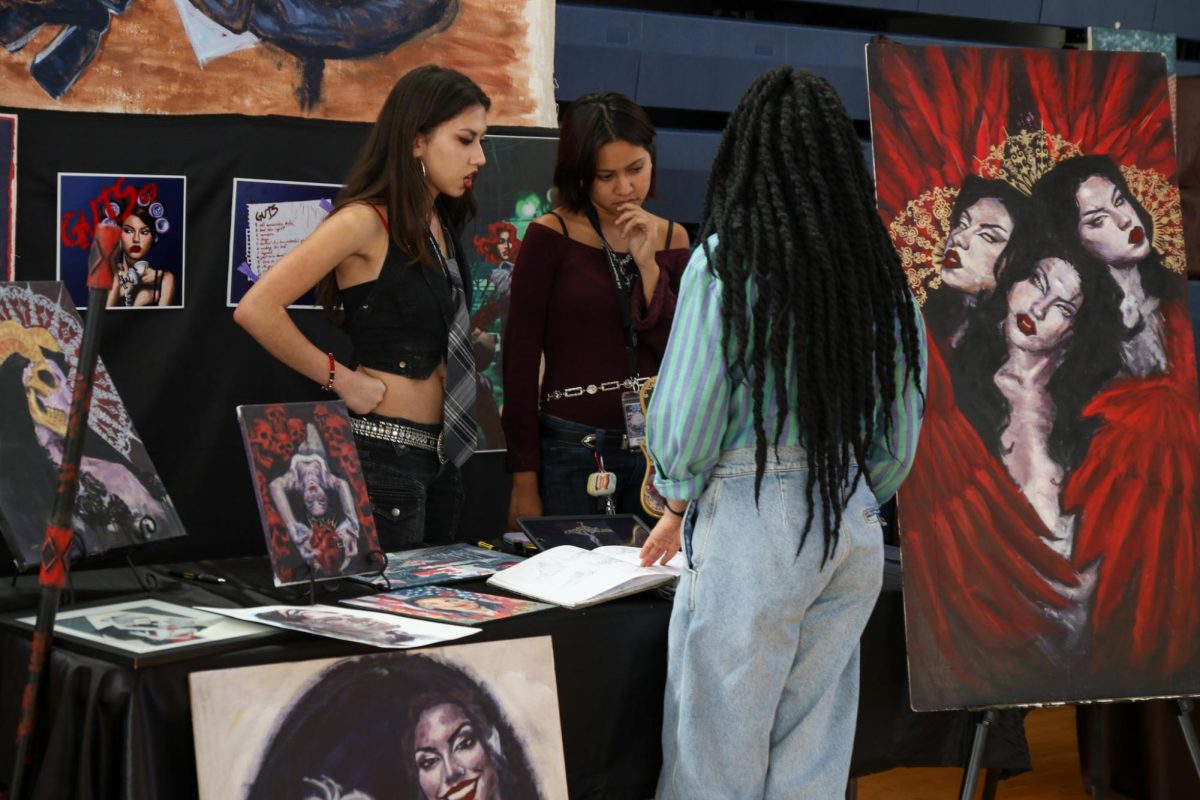





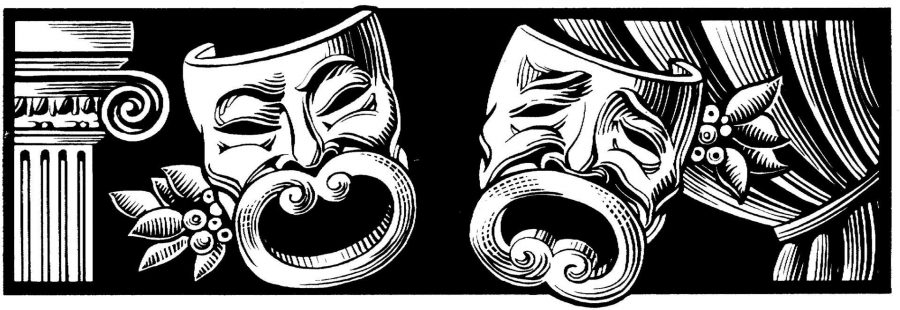

![[SATIRE] 2024: Written in the Stars](https://www.themuseatdreyfoos.com/wp-content/uploads/2024/01/front.png)


